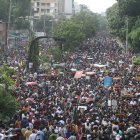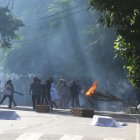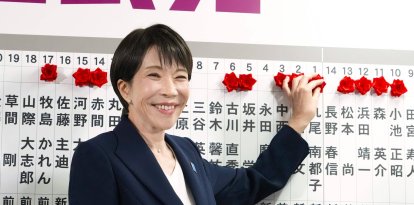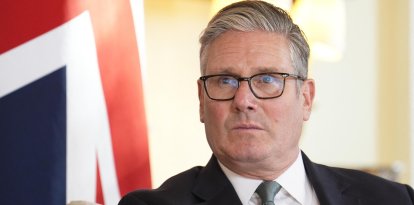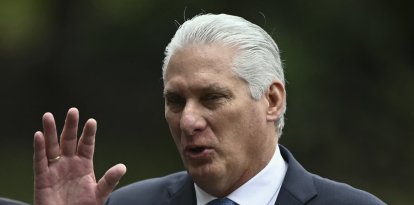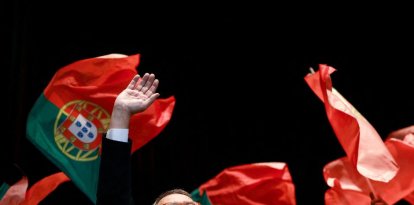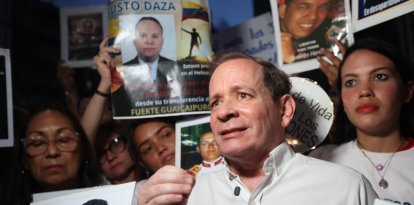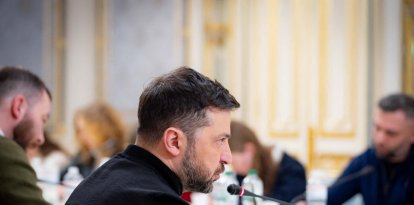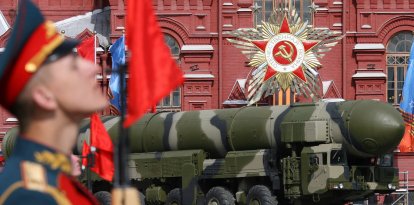Nobel peace laureate Mohammad Yunus to head interim government in Bangladesh
The 84-year-old economist will take over the executive after the prime minister fled the country following the terrible outbreak of violence.
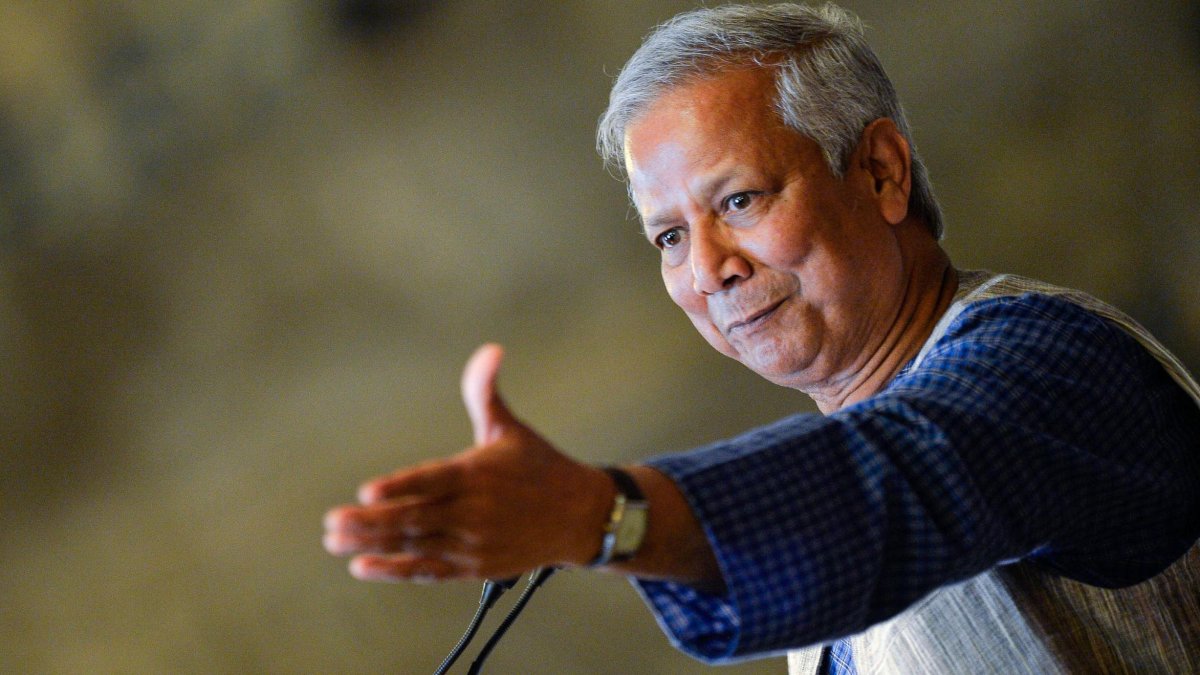
Mohammad Yunus
Bangladesh's president announced Wednesday morning that Nobel peace laureate Muhammad Yunus, creator of a microcredit system for the poor, will lead an interim government in Bangladesh, following the dissolution of parliament and the flight of Prime Minister Sheikh Hasina.
The decision to "form an interim government" led by Yunus was taken at a meeting between President Mohamed Shahabuddin, military chiefs and student leaders who led the protests in early July, the Bangladeshi presidency said.
"The president called on the people to help him overcome the crisis. The rapid formation of an interim government is necessary to overcome the crisis," the same source added in a statement.
Muhammad Yunus declared on Tuesday that he was willing to take over as head of an interim government, in a written statement sent to AFP.
"I have always put politics at a distance, but today, if it is necessary to act for Bangladesh, for my country and for the courage of my people, then I will do it," Yunus said.
The 84-year-old economist is known for having lifted millions of people out of poverty thanks to the delivery of microcredits, an initiative for which he received the Prince of Asturias Award for Concord in 1998 and the Nobel Peace Prize in 2006.
Yunus earned the persistent enmity of Sheikh Hasina, who accused him of "sucking the blood"of the poor.
Nahid Islam, a leader of the students' collective, confirmed the decision to reporters after a three-hour meeting at the presidency and called the talks "fruitful."
President Shahabuddin agreed that the interim government "should be formed as soon as possible."
Shahabuddin also dismissed the National Police chief following the deadly demonstrations that led to the flight of Prime Minister Sheikh Hasina, his services said.
The head of U.S. diplomacy, Antony Blinken, maintained that the new government should "respect democratic principles, the rule of law and reflect the will of the people."
President Shahabuddin dissolved parliament on Tuesday, one of the students' key demands, shared with the main opposition Bangladesh Nationalist Party (BNP), which is demanding that elections be called within the next three months.
Sheikh Hasina, 76, had been in power for 15 years, but her last term as prime minister, which began in January, was marked by the opposition boycott of the elections, which she denounced as neither free nor fair.
Police ask for "forgiveness"
Hasina ended up resigning and fled the country on Monday under pressure from a wave of protests that began in early July with a student movement against a quota system for civil servants, but which derived into a broader mobilization against the government.
A total of 432 people died in the protests, 10 of them on Tuesday and 122 on Monday, according to an AFP tally based on police, government and medical sources.
On Tuesday the situation was less tense, although 10 were reported dead, businesses reopened and the curfew was lifted.
The army reshuffled the military leadership on Tuesday and deposed top commanders considered close to Hasina.
Late Monday, the head of state had ordered the release of people detained during the demonstrations and of Hasina's main political rival, former Prime Minister Jaleda Zia of the BNP, who spent years under house arrest.
In a statement issued Tuesday, the main police union asked for "forgiveness" for firing on the students.
The federation claimed that police officers were forced to "open fire" on the youths and that afterwards, they were portrayed as the "bad guys." It also announced a strike to ensure the safety of the troops.
Millions of Bangladeshis flooded the streets of Dhaka, the capital, on Monday following Hasina's resignation.
Protesters stormed parliament and set fire to television stations, and some destroyed statues of Hasina's father, Sheikh Mujibur Rahman, who led the independence struggle against Pakistan in 1971.




